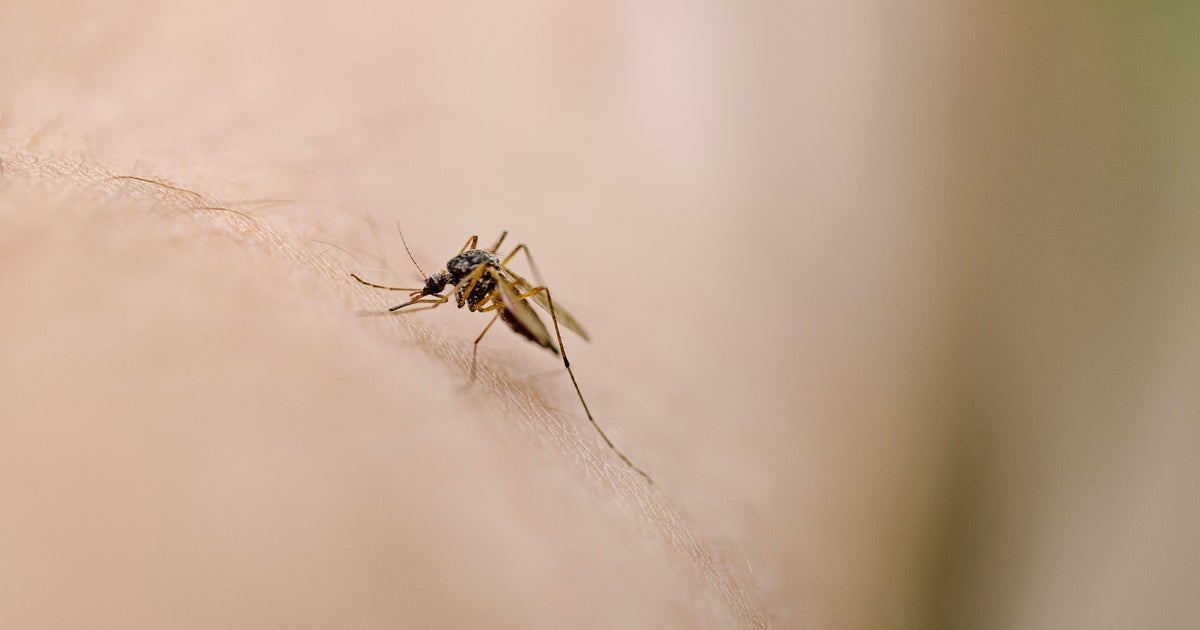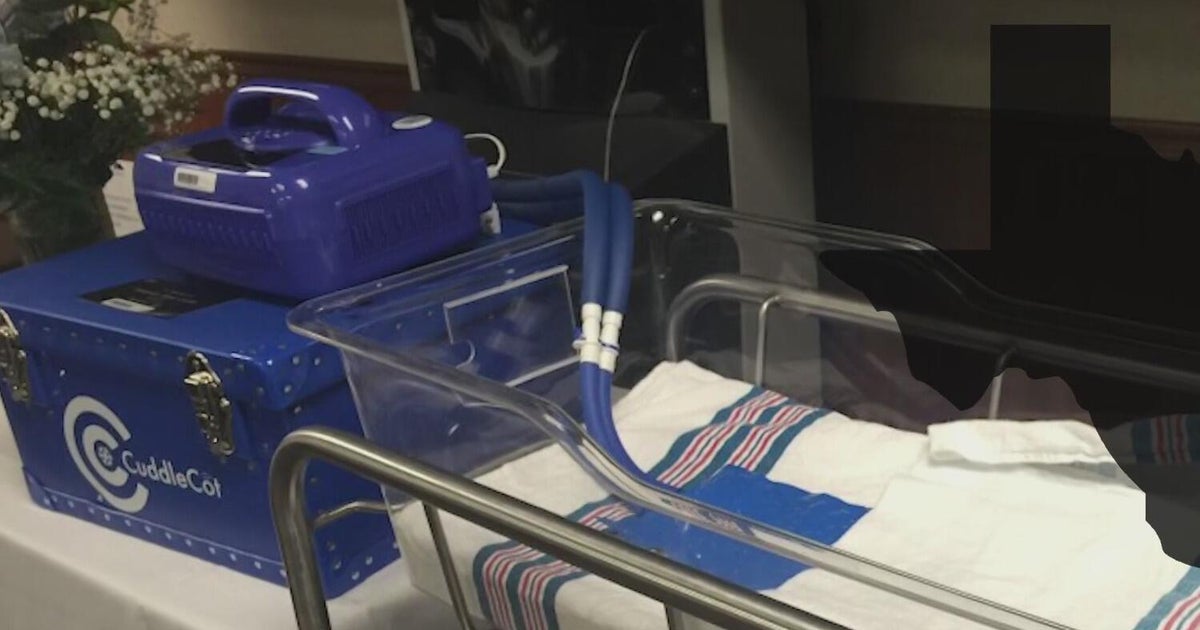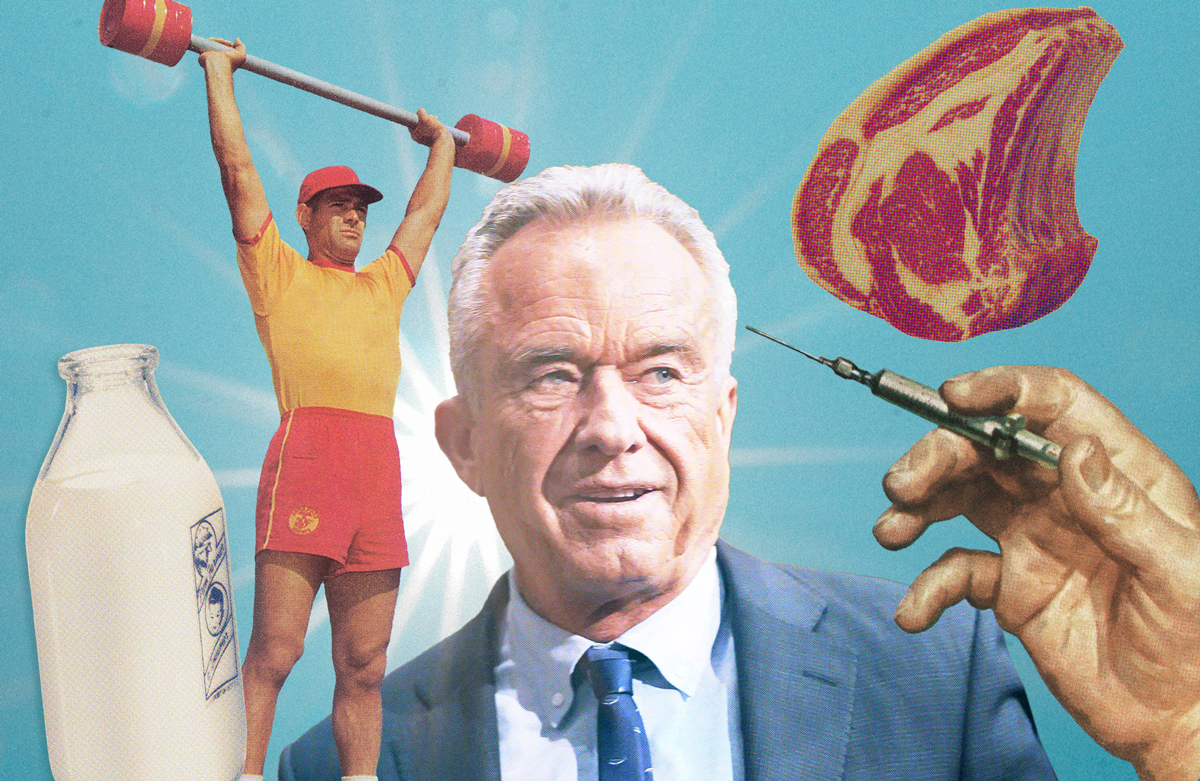U.S. sees longest uptick of new COVID-19 vaccinations in months
New COVID-19 vaccinations have accelerated for eight straight days nationwide, according to federal data, marking the longest uptick seen in the U.S. since early August.
The nationwide seven-day moving average of first doses climbed to 264,549 a day on October 29, as of the latest figures from the Centers for Disease Control and Prevention. All but two states — Utah and West Virginia — are now averaging a faster pace of people starting vaccination than the week prior.
The record uptick comes as federal health officials say they are continuing to ramp up their push for initial vaccinations among adults, along with campaigns to roll out millions of doses for younger children and booster shots for those vaccinated earlier.
The White House recently touted reaching two new vaccination milestones and is nearing another one: nearly 7 in 10 adults are fully vaccinated.
"A year ago, we had no vaccines. Just this week, we hit an important milestone: 80% of adults have at least one shot. That's four out of every five adults. And for our seniors, over 95% have gotten at least one shot," President Biden said Wednesday.
The recent increase came after the administration announced several sweeping mandates to boost vaccination rates.
Most federal workers and contractors had needed to start vaccination over the past few weeks in order to meet their vaccination requirements in time, before the administration pushed back their deadline. Those workers will now be required to complete their shots by January 4. That date is also when mandates detailed Thursday for large employers and most health care providers go into effect.
Deadlines for first doses at a slew of other employers have also arrived in recent days, from the City of New York to UnitedHealth Group.
However, at least some of the recent surge in first doses could also be from incorrectly reported booster shots.
In New Hampshire, which on Wednesday became the ninth state in the CDC's tally to reach 90% of their adult residents with at least one dose, the state's top health official recently told a local radio station that she suspected boosters might be inflating the figures.
"Because of the inability to link across multiple sources of de-identified data, some booster doses may be counted as primary doses," CDC spokesperson Scott Pauley told CBS News.
Since shots are reported to the CDC anonymously from pharmacies, Pauley said only New Hampshire's immunization information system, or IIS, is able to go back and correct miscategorized doses.
"As New Hampshire connects more pharmacies to their jurisdiction's IIS, this issue will decrease," said Pauley.
Nationwide, the average daily pace of boosters has climbed to 775,513, nearly triple the daily number of first shots. More than a quarter of vaccinated seniors now have an additional dose.
Health experts have warned both the booster and first dose campaigns will need to accelerate ahead of colder winter months favorable to respiratory diseases like COVID-19, pointing to signs a potential new wave of the virus could be looming.
After plummeting for nearly two months, the CDC reported an uptick in COVID-19 cases last week. The agency's forecasters on Wednesday warned that the pace of new hospitalizations could "remain stable or have an uncertain trend" over the coming days, after weeks of estimating that they would "likely decrease" nationwide.
"We've made incredible progress over these past nine months, but we have to keep going. The pandemic is not yet behind us, but we're getting there," President Biden said.
"So please, please do your part. If you know someone who is not vaccinated, encourage them to get vaccinated."



